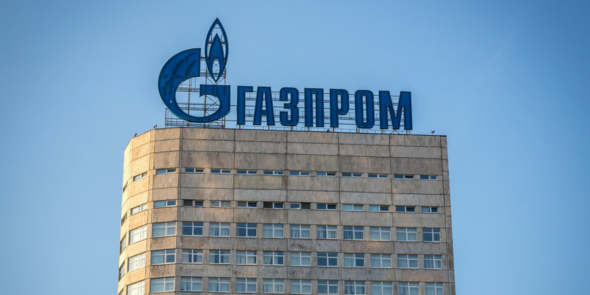The International Court of Arbitration has ordered Gazprom to stop avoiding legal arbitration for cutting off gas supplies to Europeans during the energy crisis. The company is in a dispute over this with Poles as well as others and has already tried to cheat.
The International Court of Arbitration in Switzerland has called on Gazprom to stop using legal tricks in a Russian court to prevent it from being liable for stopping deliveries to European customers in 2022. At that time, Russia limiting gas deliveries caused record prices and an energy crisis, and the Russians turned the tap on customers who did not want to pay in rubles or under other pretexts. The move also affected Poland’s EuRoPol Gaz, which is contesting the termination of the contract for gas transmission through the Yamal gas pipeline in arbitration.
The Russians from Gazprom tried to use a court in Russia to evade responsibility. They received judgements according to which disputes with European clients had to take place in Russian jurisdiction. However, the Swiss court said that according to the contracts all arbitration needs to be done by it. It does not recognize the judgment of the Russian court exempting Gazprom from having to conduct a dispute with OMV from Austria, CEZ-U and Net4Gas from the Czech Republic, Gasunie and BLL from the Netherlands, ZSE Energia from Slovakia and EuRoPol Gaz from Poland. The Poles estimate the losses at USD 1.45 billion.
Upstream Online has determined that further disputes before the court in St. Petersburg, Russia, are pending, including those of France’s Engie, Switzerland’S DXT Commodities, Slovakia’s Innogy Energie, as well as Germany’s RWE, Poland’s PGNiG, Greece’S DEPA, Slovenia’s Petro and Bulgaria’s Bulgargaz.
The Russians no longer recognize the jurisdiction of the European arbitration due to European sanctions for Russia’s invasion of Ukraine, including the confiscation of their assets, such as shares in EuRoPol Gaz. Russia’s Gazprom reported a USD 7 billion loss in 2023 due to market losses in Europe after the invasion.
Upstream Online / Wojciech Jakóbik









